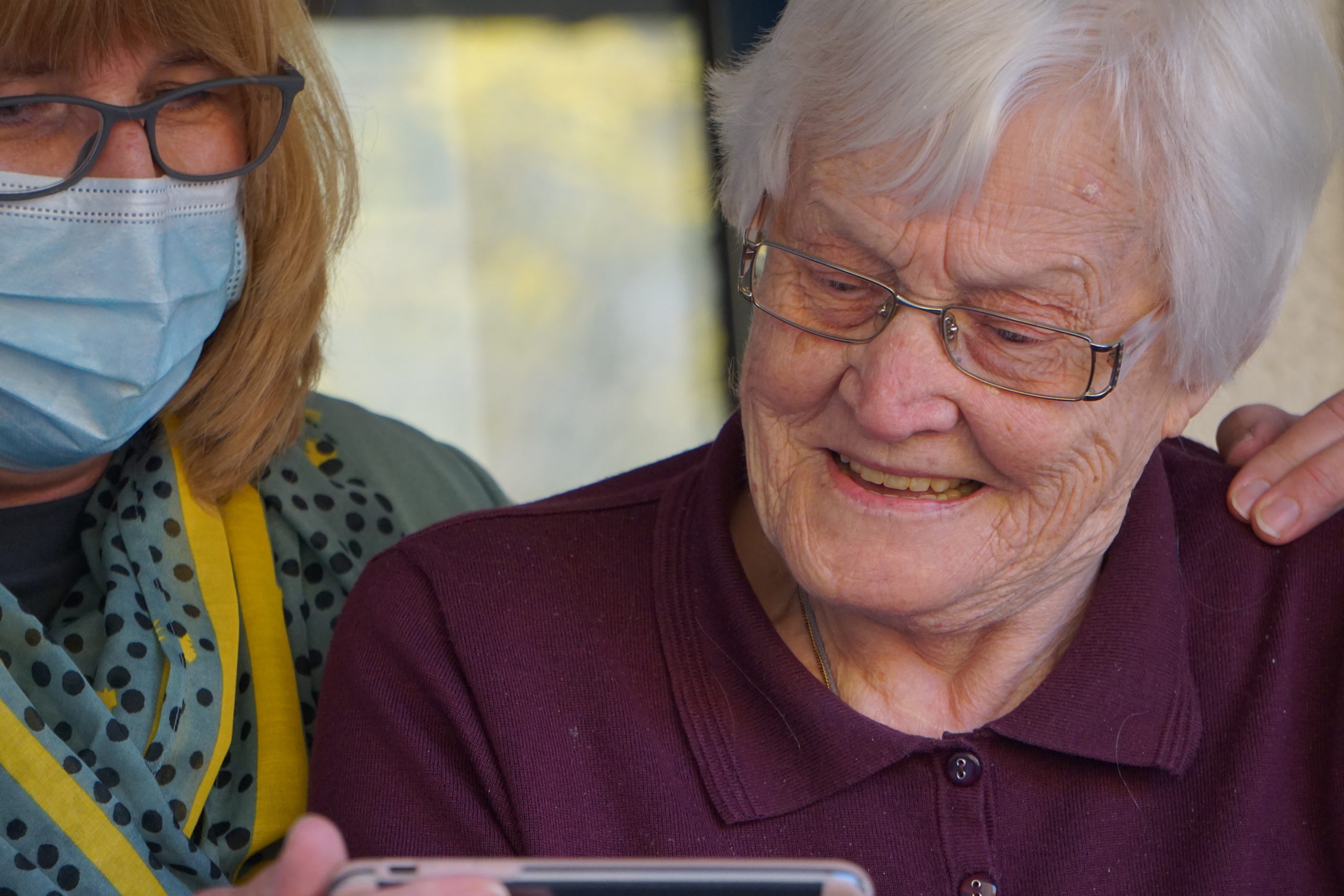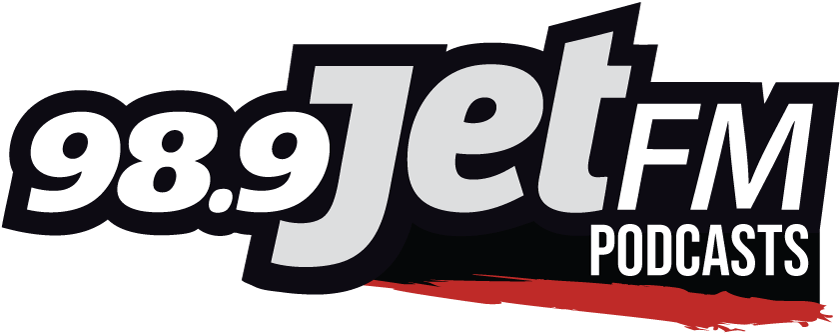As vaccine passports roll out across the province, seniors who aren’t too technologically savvy are struggling to adjust.
Simon Fraser University states that after listening to various experiences with the passport, that the inclusion of older adults in accessing the passport wasn’t ensured.
“The seniors we connected with are independent folks who are very capable but the way the government rolled out the vaccine cards has made them feel inadequate,” says Hannah Shin, a STAR community-based researcher, who conducted focus group discussions and one-on-one interviews with seniors. “The majority expressed that they felt frustrated and overwhelmed by the whole vaccine card process. For some older adults, their lack of digital literacy created a lot of anxiety and we learned that smaller organizations are having to pick up the pieces.”
Some issues with the passport included too many technical terms— which restricted access to seniors— and that many expected a physical passport rather than a digital one, as not all individuals have access to digital resources. SFU says there is also a lack of ‘digital literacy’ in older adults, which causes them to feel anxious when asking for help.
“We need to address the digital divide in all aspects of government policy and actions in order to ensure that all seniors are included,” says Marion Pollack, the board president of 411 Seniors Centre— a service that SFU says many seniors relied on in order to access their card.
SFU recommends ‘seniors and community-based seniors service agencies be consulted for future rollouts, ensure information is accessible through traditional information sources (like TV advertisements and direct mail) to reach seniors who do not rely on digital technology and using more simple language to combat COVID-19 and vaccine passport misinformation.’
SFU surveyed 514 seniors in the Vancouver area between Sept. 4 and Oct. 12.






